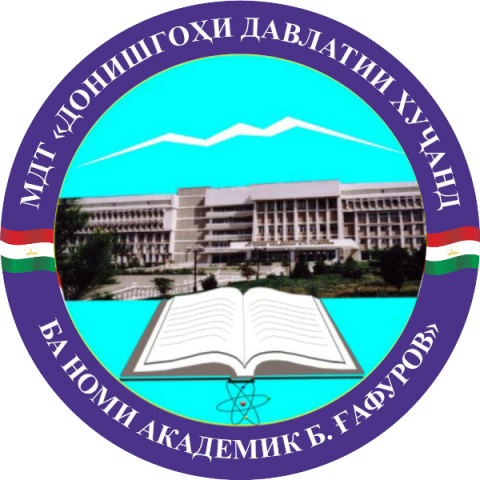list (humanitarian 2023)
DISTANCE LEARNING EDUCATION IN HIGHER EDUCATIONAL INSTITUTIONS OF THE REPUBLIC OF TAJIKISTAN FOR THE FORMATION OF THE INFORMATION SOCIETY
 
Authors: Juraeva Khayrijon Yunusdzhonovna, associate professor of the department of technologies and methods of its teaching,┬á SEI ÔÇ£KSU named after acad. B. GafurovÔÇØ (Tajikistan, Khujand)
JOURNAL NUMBER: 2(75). YEAR OF ISSUE: 2023.  LANGUAGE OF THE ARTICLE: Tajik
ANNOTATION
The article notes that over the past decades, distance education has become an integral part of the educational and information culture of many countries in the world, every year it has an increasing impact on classical forms of education, enriches traditional education with innovative content and organizational elements. Given the global nature of these processes, philosophical understanding of the essence of the phenomenon of distance education from the point of view of existing social practice is becoming an increasingly ideological and methodological problem.According to the author of the article, socio-philosophical understanding of the features and peculiarities of the development of modern society is a necessary condition for modern distance education. The main trend in the development of the modern world is the rapid development and high speed of the introduction of computer technologies, information and communication technologies in all spheres of society and human life with qualitative changes in the processing, transmission and storage of information.Modern society closely interacts with information factors: changes in the technological basis of the socio-economic development of society lead to fundamental changes in society - on the basis of science, high-tech tools and technologies, a new social and technological reality, a new communicative space, a "new type of symbolic human existence" is being formed .
KEY WORDS
education, distance education, educational culture, trends, social development, technologies, educational process, self-learning, skills, abilities
 ðÉð¢ð│ð╗ð©ð╣Ðüð║ð©ð╣
ðÉð¢ð│ð╗ð©ð╣Ðüð║ð©ð╣
 ðóð¥ÊÀð©ð║Ëú
ðóð¥ÊÀð©ð║Ëú  ðáÐâÐüÐüð║ð©ð╣
ðáÐâÐüÐüð║ð©ð╣ 
